During the 2019 federal election, Conservatives spoke in hushed tones about “the Doug Ford factor” in the campaign. Was the unpopular Ontario premier dragging the federal party down with him?
After the election, the chatter got louder and polling all but verified that Ford had a noticeable negative effect on Conservative chances in a province that was vital to the party’s electoral hopes.
The same poll showed that Alberta Premier Jason Kenney, riding high from an election win, was a strong factor in encouraging people to vote for Andrew Scheer’s federal Conservatives.
In fact, Scheer and Kenney held boisterous joint events, including one at a Calgary baseball diamond where they spoke together from the snow-covered bed of Kenney’s blue pickup truck.
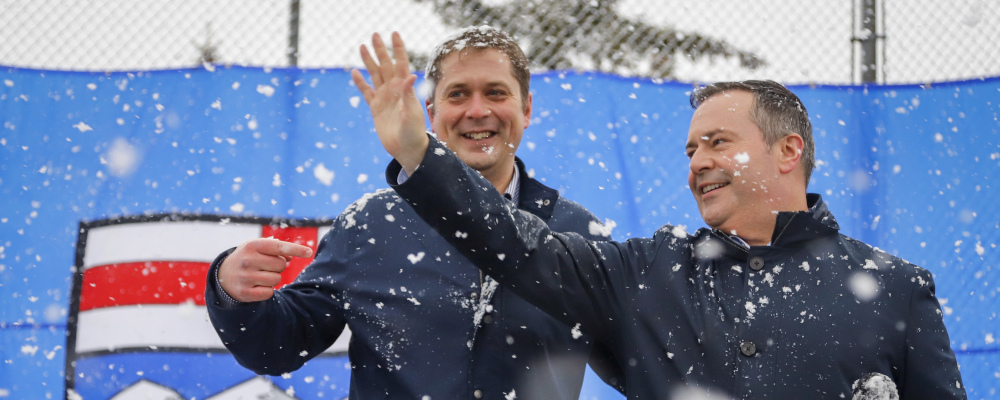
To say things have changed in the last two years would be an almighty understatement.
In the wake of the COVID-19 pandemic, Kenney’s approval rating has cut in half, with even Ford polling ahead of him. Scheer has been replaced as Conservative leader by Erin O’Toole and the party has struggled to introduce the new leader to Canadians while the pandemic dominates the news cycle.
The attacks started early on O’Toole and they have ramped up as an election draws near. A recent advertisement by Unifor described O’Toole as another “out of touch politician we can’t afford.”
In a parody of pickup truck commercials, the gravelly-voiced narrator describes O’Toole as “driven to cut health care and public services, just like Jason Kenney.”
If the Unifor ad is anything to go by, Justin Trudeau’s Liberals may be planning to cast Kenney as the next Doug Ford, attacking him as a stand-in for the little-known O’Toole.
Kenney say it’s nothing new for him.
“I’ve already been in that situation, (Trudeau) ran explicitly against me and Alberta in the last election, saying in Quebec in the last week, in French, that we need a prime minister who will stand up to Jason Kenney and the big Alberta oil companies,” said Kenney, in an exclusive interview with The Hub.
“So I certainly hope he doesn’t do that, because I think the role of the prime minister is to strengthen national unity and not drive regional wedges. But he did it before in desperation, I wouldn’t be surprised if he does it again,” said Kenney.
The federal-provincial relationship is, by nature, fractious. The federation always has at least one province that feels hard done by and often it has many.
Along with criticizing the federal equalization program, Kenney has argued that Alberta makes an outsized contribution to the federal budget, compared to what it receives in federal spending. That recurring criticism from provinces actually pre-dates Confederation, with Upper Canadian politicians grousing about their contributions as far back as 1865.
In Alberta, it’s almost a rite of passage for a conservative premier to square off with Ottawa. Former Alberta Premier Ralph Klein spent his provincial career battling the federal government and Peter Lougheed, who presided over the province when Pierre Trudeau brought in the National Energy Program, believed that strong, assertive provinces make for a stronger federation. Kenney appears to agree.
“Trudeau just took it all in with that Cheshire grin.”
Calgary HErald Columnist Don Braid
Kenney said Trudeau’s policy criticisms are fair game and expects to see a lot of that during an election campaign.
“I make the case against his government’s re-election, he has every right to attack my policies, but by running against Alberta’s resource sector, he’s really running against the Canadian national economy,” said Kenney.
“It is obvious to the vast majority of Albertans that this is one of the most hostile federal governments we’ve ever had,” he said.
The campaign may have already started. During a federal announcement in July about funding for Calgary’s Green Line LRT project, Mayor Naheed Nenshi ripped the UCP government for demanding a review of the project, causing delays.
“Trudeau just took it all in with that Cheshire grin,” wrote Calgary Herald columnist Don Braid.
And although there are obvious policy and ideological differences, the phenomenon may simply be driven by the political opportunity created by Kenney’s plummeting approval ratings.
The Liberals will be hoping to pick up one or two seats in Edmonton and may be dreaming of snagging a seat in Calgary.
Mount Royal University political scientist Duane Bratt said the anti-Kenney message could even resonate in one or two urban Calgary ridings.
“They’re gearing up for battle. The difference this time is that the Liberals have chances inside Alberta, which they didn’t in 2019,” said Bratt.
In a June poll, the Angus Reid Institute found that only 31 percent of Albertans approved of Kenney’s job as premier, compared to more than 60 percent after his party won the spring 2019 election.
Politicians at various levels of government are taking notice and scoring easy points by criticizing the Alberta premier. In Calgary, a procession of municipal politicians hoping to succeed Mayor Naheed Nenshi took turns taking shots at Kenney’s government.
In 2019, when Trudeau was targeting Ford, the Ontario premier stayed out of the headlines for the duration of the campaign. Bratt said he doesn’t expect Kenney to hide, in part because it’s personal.
“There has been a pattern of behavior of bad relations on both sides between conservative premiers and Trudeau,” said Bratt. “I think there is a personal animosity between them and it has played out on so many different files over time.”
Recommended for You
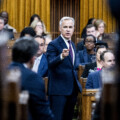
‘An important moment’: The Roundtable on Carney’s high-stakes budget and rumblings of a snap election
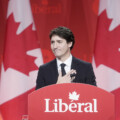
Canadian governments spent $158 billion on green economy but created only 68,000 jobs: report
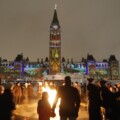
Energy is everything for Canada and the world
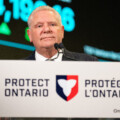
Is Ontario’s Ring of Fire overhyped?

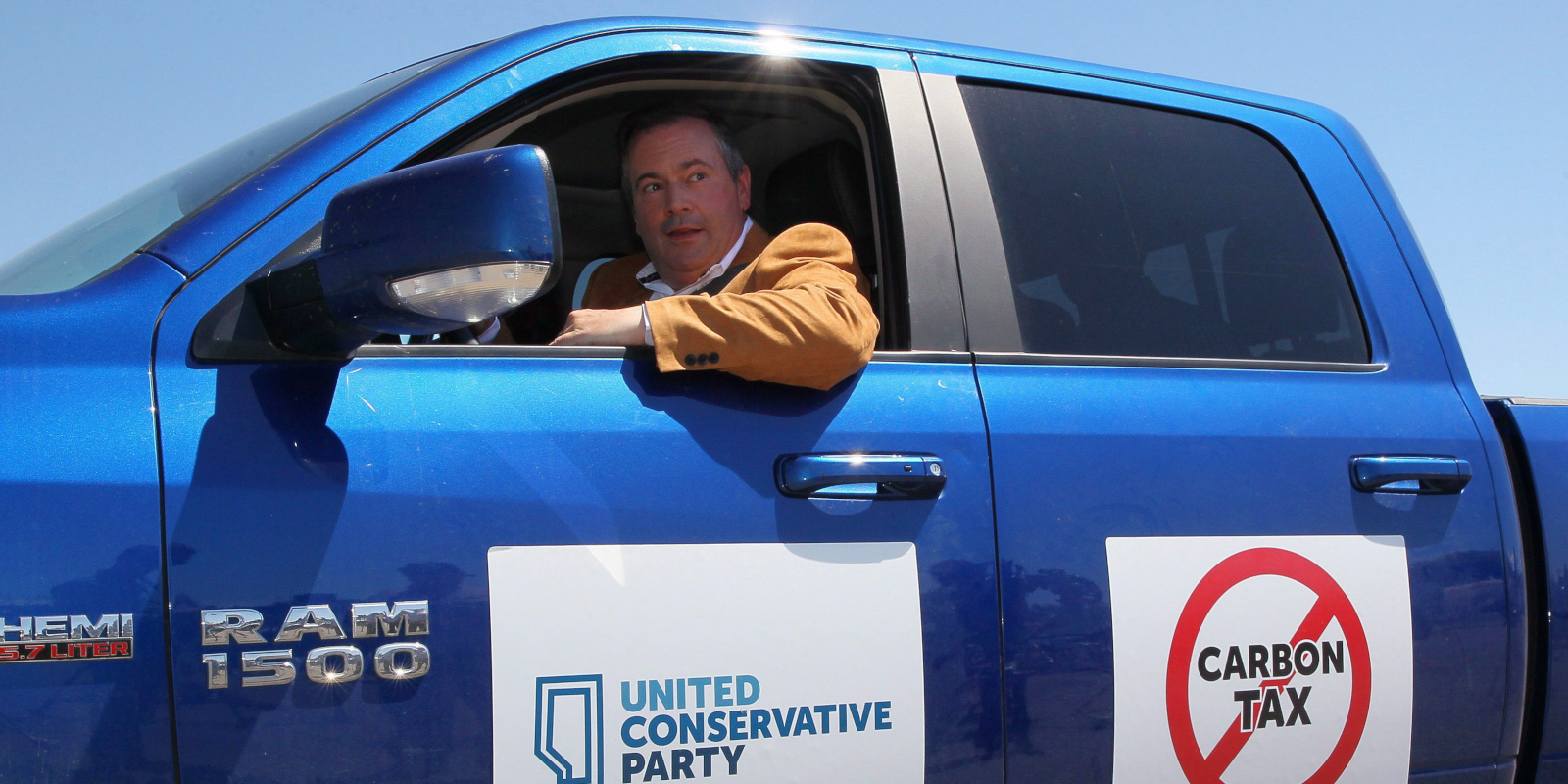
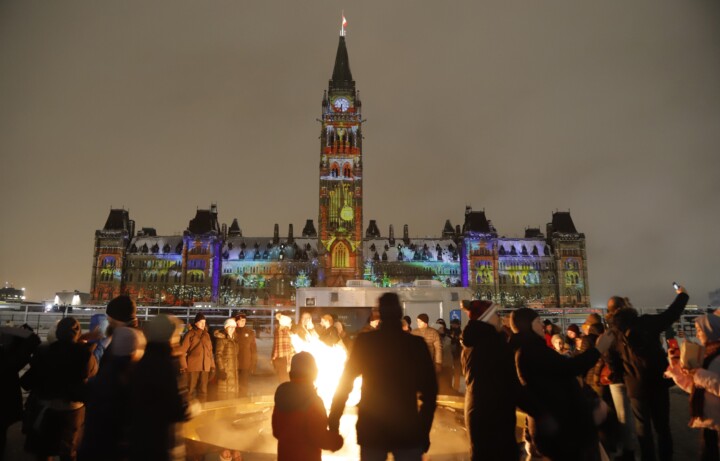

Comments (0)